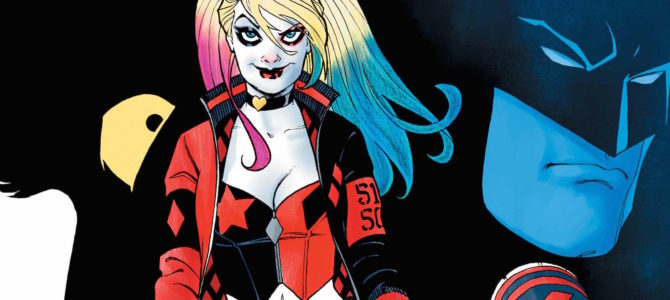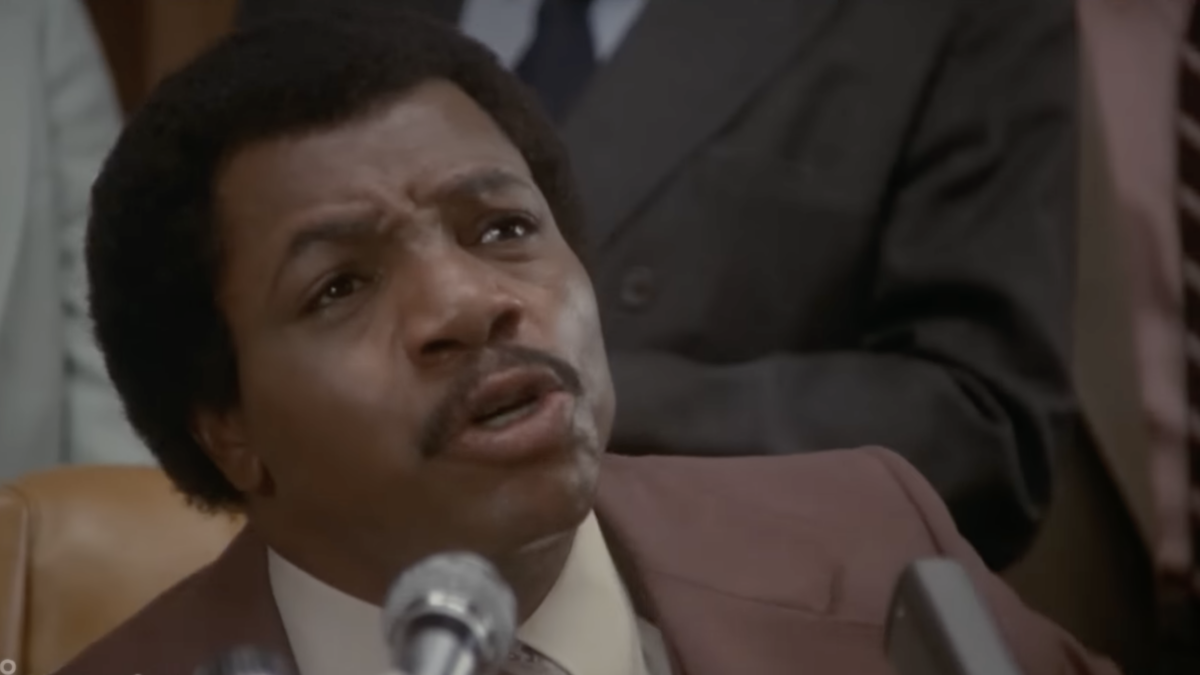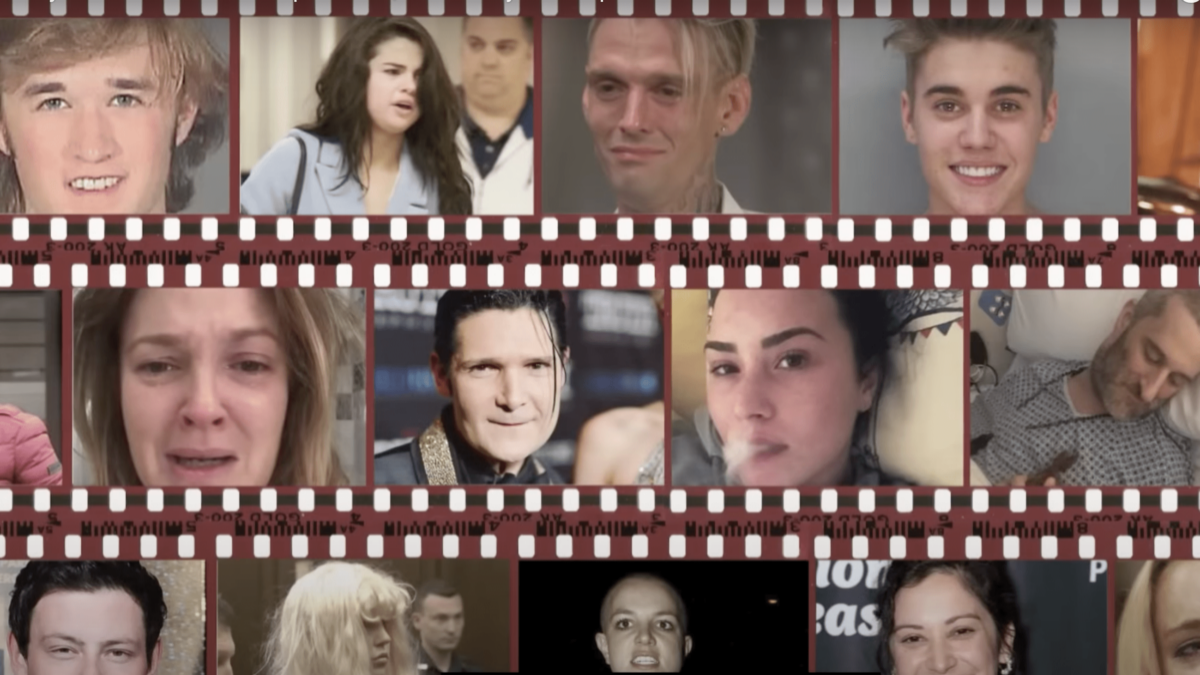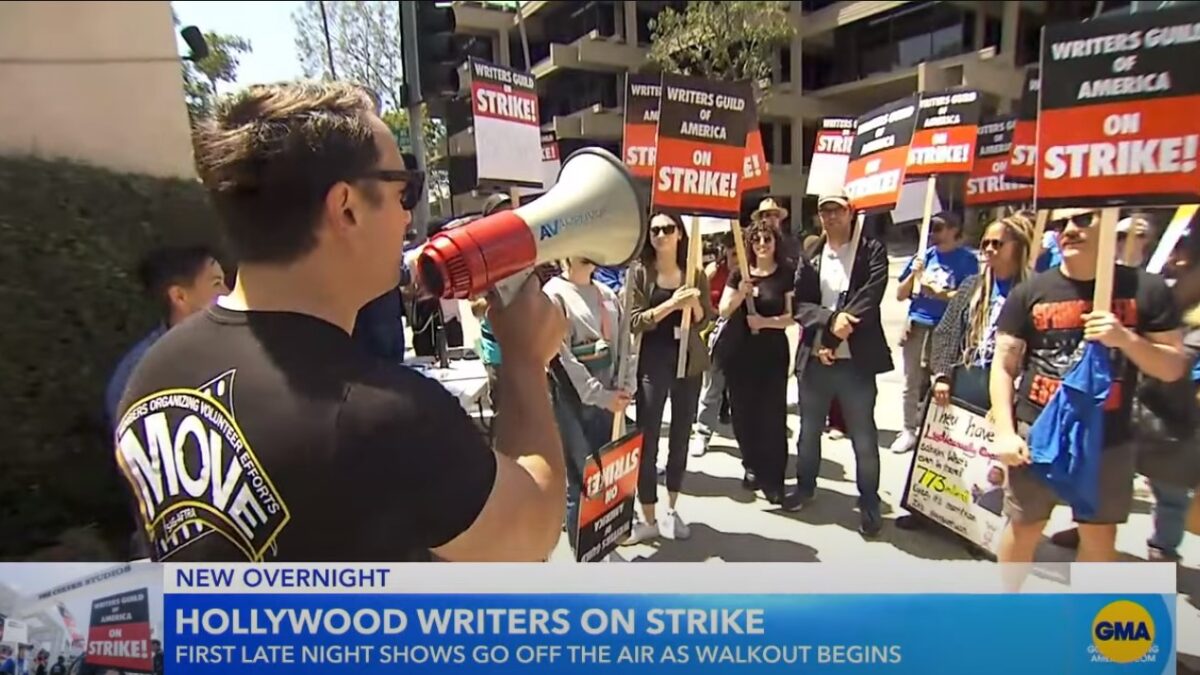The marketing for the new film, “Birds of Prey and the Fantabulous Emancipation of One Harley Quinn,” presents the eponymous DC villain in a remarkably positive light. Even the use of the word “emancipation” reveals the film will be the moment Harley is finally freed from her abusive relationship with the psychotic Joker and able to flourish into the independent woman she always could be. Likewise, the media response to the film praises its presentation of female empowerment.
So why then, did an associated comic book character’s solo film last year receive remarkably different treatment from the media – Harley’s off-and-on boyfriend, Joker. With all of the discussion of “white male rage” surrounding the Oscar darling, why is Harley’s solo feature portrayed as heroic, where Joker’s is dangerous and troubling?
Harley has an interesting origin in comic book lore. Unlike most of the important characters we see on screen, Harley was not created for the page but rather the screen. She was written as a one-off character for the exceptional “Batman: The Animated Series” from the ’90s, to be a henchwoman for Joker. However, she struck such a chord with audiences that the writers decided to bring her back, to serve as Joker’s sidekick and girlfriend. She was based off of actress Arleen Sorkin, a friend of “Batman” writer Paul Dini, who performed as a classic jester in a dream sequence on the soap opera “Days of Our Lives,” and ultimately voiced the role of Harley herself on the series. Her name and appearance come from the classic commedia dell’arte stock character of Harlequin, a zany and comedic servant and trickster clown.
The relationship between Joker and Harley is a fraught and violent one. According to both traditional comic lore and the “New 52 DC reboot,” Harley was originally Dr. Harleen Quinzel, Joker’s psychiatrist in Arkham Asylum for the Criminally Insane, where he manipulated her into falling in love with him and helping him escape. She is genuinely attracted to his crazy and evil side, and Harley has a violent and manic streak herself. It is important to note that the Joker is unambiguously abusive to Harley, both physically and emotionally. In the original run, she always stayed with him due to her love of him and a fascination with his more psychotic side. Her fixation on the clown prince of crime mirrors his towards Batman. In “The New 52,” however, Joker abandons Harley once he tires of her, leading to a psychotic break of her own.
Through her dealings with the “Suicide Squad” and a complicated romantic relationship with fellow-member Deadshot, Harley begins to become independent. Nonetheless, it isn’t until she becomes friends, and ultimately lovers, with Poison Ivy that Harley becomes anything close to a hero, even if she’s always straddling the line between a desire to be good and an enjoyment of carnage.
Harley Quinn is no stranger to violence and atrocious acts. While she has shown some moments of compassion, such as keeping Ivy from killing Batman, she certainly has engaged in a number of horrific acts with no mercy. She helped Joker brutally torture and brainwash the child Tim Drake turning him into a child version of the Joker, in an effort to make the former Robin kill Batman. She attempted to murder Joker’s daughter figure due to jealousy. She trained a group of children to become soldiers and killers. She distributes exploding video games across Gotham, knowingly killing hundreds of innocent children and families. She spent some time as a serial killer, culminating in the decapitation of her own grandmother. These are only a handful of some of the psychotic and violent acts in which Harley Quinn has engaged.
Due to her quirky personality and charm, Harley became a fan favorite right off of her introduction in the animated series, and Margot Robbie’s excellent performance in the divisive “Suicide Squad” cemented the character’s popularity to a whole new generation of fans. However, at her core, Quinn is a manic villain who enjoys and seeks out villainy and death, even before she got involved with Joker. In fact, it was his psychosis that initially drew her to her off-and-on lover. It is interesting that the media is so quick to praise a solo female villain film while simultaneously lambasting a similar male-centric endeavor. The double standard reeks of sexism, and PC society’s growing push towards framing women as the victims of men, regardless of the circumstances. While Harley Quinn was certainly victimized by the Joker, her bloodlust and love of crime are not reactions to him whatsoever.
This is not to say that the outrage surrounding Joker was justified or logical – not at all. Instead, I would merely posit that Harley ought not be held to a different standard as the Joker. Behavior that is troubling and violent for a man should elicit the same reaction when the perpetrator is a woman. Likewise, a film centering on a violent but charismatic and beloved supervillain should be met with neither fear nor praises of empowerment. Let these films be judged by their own merits. Do they tell a compelling story and do justice to iconic comic book figures? If so, then they have done their jobs. Anything else is superfluous and reductive.









